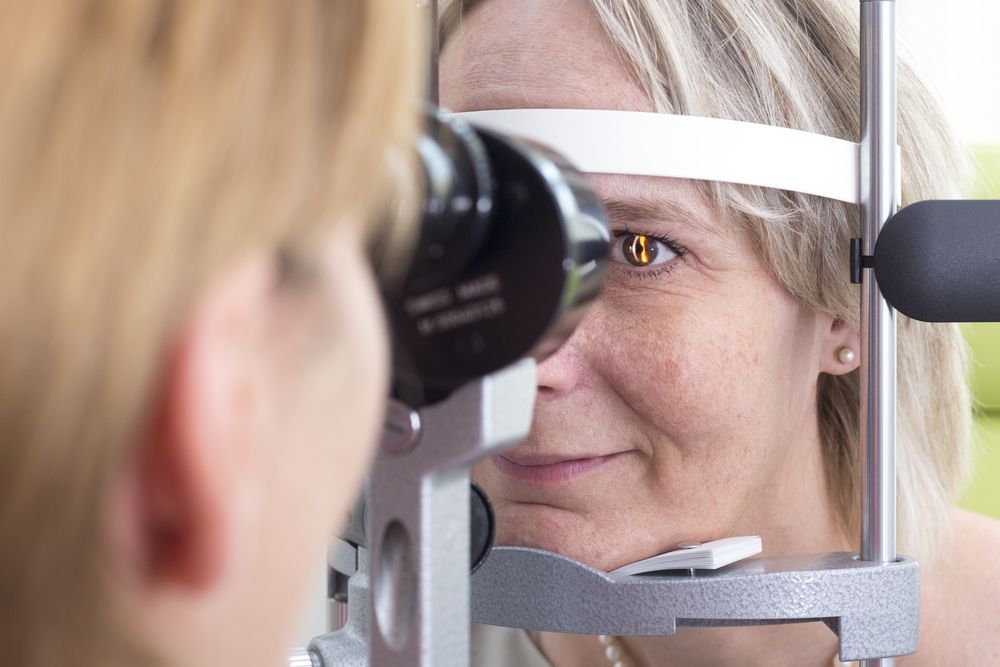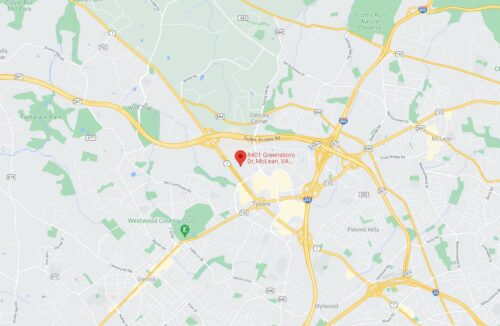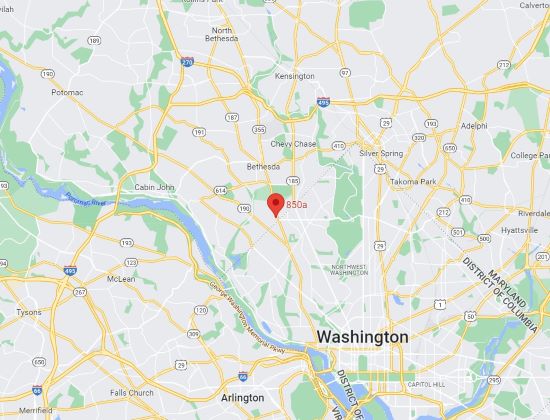Photorefractive keratectomy, or PRK, reshapes the cornea to treat refractive errors such as farsightedness, nearsightedness, or astigmatism. PRK is similar to LASIK surgery, but it employs a different technique to gain access to the stroma (the inner layer of the cornea).
Rather than creating a flap on the surface of the cornea, Dr. Andrew E. Holzman removes the entire outer layer of the cornea during PRK treatment. This method allows patients whose corneas are too thin to accommodate a corneal flap to enjoy the long-term benefits of laser vision treatment.
While PRK may be a good surgical option for patients who are not good candidates for LASIK, there are still other candidacy factors that must be considered prior to treatment. Many patients question whether they are too old to have PRK at Dr. Holzman’s Washington, DC laser vision center. Here, we discuss age as it pertains to PRK candidacy.
Age Limits for PRK
Many patients want to know if there are any age restrictions for PRK treatment. The truth is that there is no upper age limit for PRK. If a patient meets all other candidacy requirements, he or she can choose to undergo PRK treatment into the senior years. Data actually suggests that PRK and other forms of laser vision treatment are growing in popularity among patients aged 50 and older.
Although there is no upper age limit for PRK candidacy, there is an age minimum. Patients must be at least 18 years of age before they can undergo PRK treatment. Up until the age of 18, the eyes may still be developing, which can lead to changes in vision. It is important that the eyes are fully matured and that patients have had a steady eye prescription for at least a year before receiving any laser vision treatment.
PRK Candidacy and Eye Health
Even though there is no upper age limit for PRK candidacy, it is fair to say that age can play a factor in whether PRK is the most appropriate treatment option for certain patients.
Ideal candidates for PRK treatment must have good overall eye health. Conditions such as cataracts, glaucoma, or macular degeneration may preclude patients from being good candidates for PRK. Since all of these conditions are more likely to occur in older patients, age can limit candidacy for PRK treatment if the patient is suffering from age-related eye diseases.
Presbyopia is another common problem among patients aged 40 and older. Presbyopia is best described as blurry reading vision.
Presbyopia is an age-related condition that is different from farsightedness. In general, laser vision treatment is not effective in treating presbyopia. If a patient suffers from presbyopia, he or she will need to discuss the condition with Dr. Holzman.
Contact Us
If you want to improve your vision and reduce your dependence on prescription lenses, you may be an ideal candidate for PRK. To learn more about this procedure and whether it is right for you, contact us at your earliest convenience. Call (703) 552-5221 to set up a personal consultation with Dr. Andrew E. Holzman.




